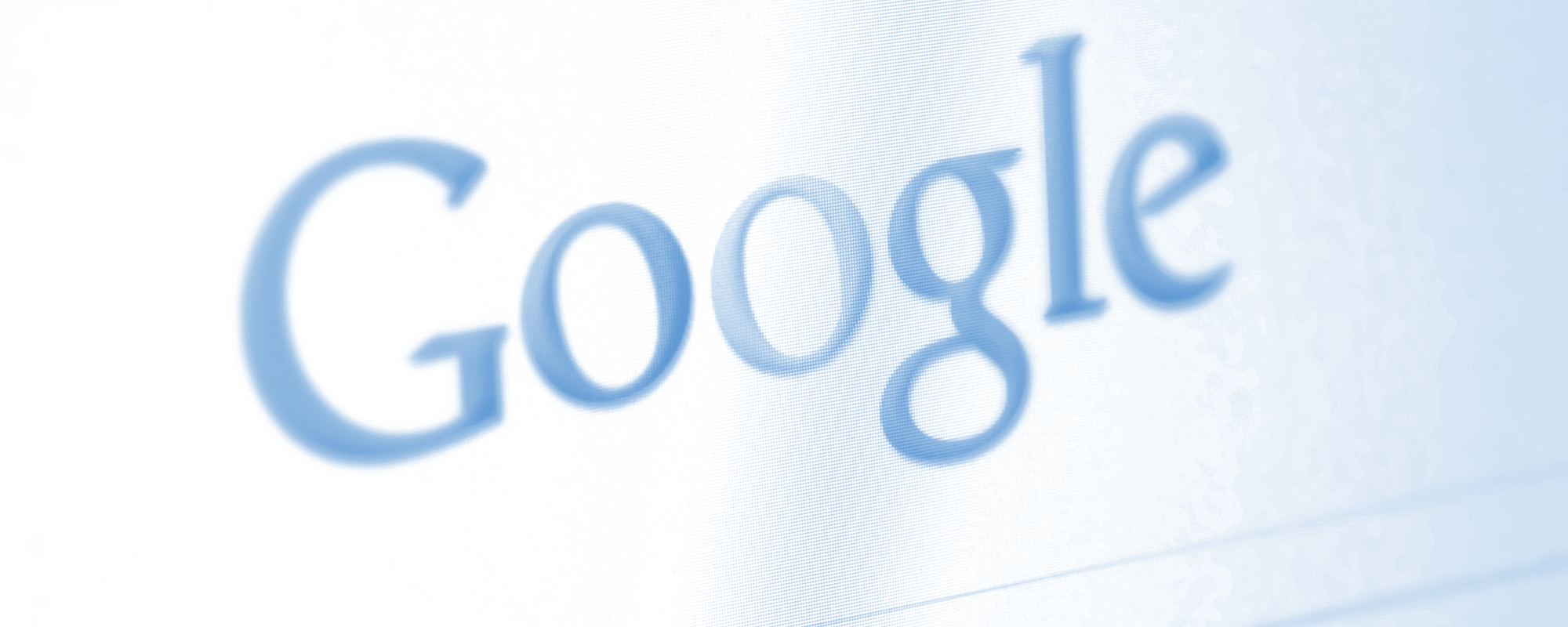
Utilizing Google Search Data to Gain Insight into Health
Project status
Collaborators
Norah Sadek
Charles Phillips, MD
Innovation leads
Funding
Robert Wood Johnson Foundation
Opportunity
These days, it is not uncommon for individuals to turn to Google for answers before engaging family or friends – or even their health care provider. More than 1.2 trillion online queries are launched through Google's search engine every year.
Intervention
We conducted a first-of-its-kind cross-sectional study engaging patients at an urban emergency department (ED). The study tested patient willingness to share and link past Google search histories with their electronic health record data and explored associations between search histories and clinical conditions.
In another pilot study, we analyzed the Google search history of parents of children diagnosed with cancer. We used a window beginning six months prior to the cancer diagnosis and continuing until at least one month after treatment began.
Impact
In the study with ED patients, we found that roughly 50 percent of patients were willing to share their search histories and have them analyzed alongside medical records. Our analysis also showed that health-related searches doubled in the week before patients visited the ED. During that time, patients searched health-related terms, symptoms, and hospital logistics.
In the second study, we learned that parents of pediatric cancer patients searched for health-related topics at more than twice the rate of the general population, 13 percent vs. 5 percent, respectively. Nearly one-fifth of health-related searches were cancer specific, including queries around support, symptoms and medical information, and health care sites. The number of searches by parents peaked about one month after cancer diagnosis.
Further exploration of the associations between search history and clinical conditions is needed. This work can help us understand what kinds of searches might predict a health care event or outcome and shed light on patients' and their families’ questions. Providers can then enhance communication during visits, and health systems can better design family support and educational interventions.